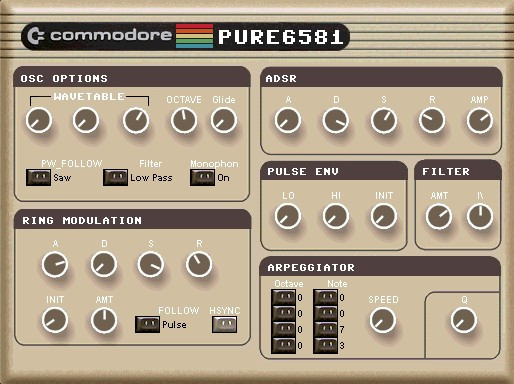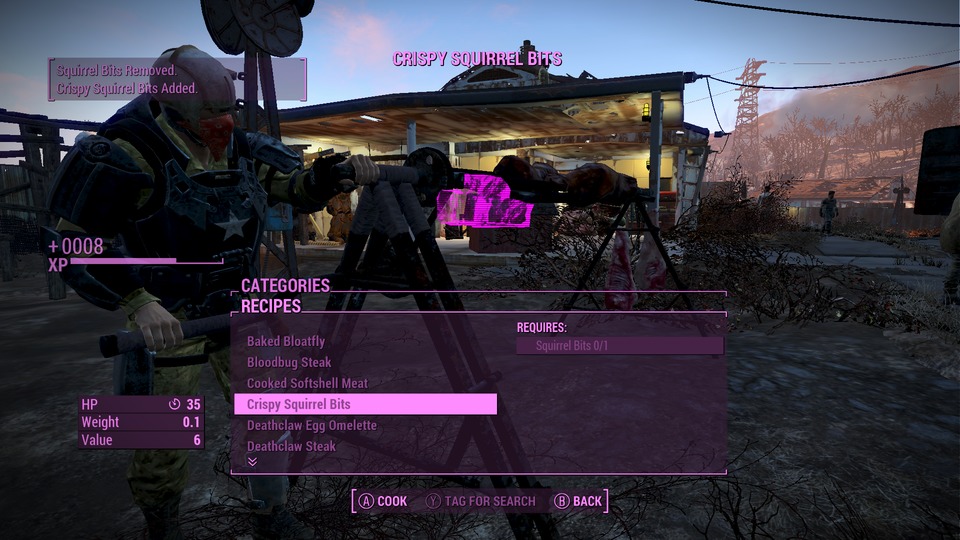

Neutralizing antibodies were measured by the mouse neutralization test on samples taken from each group of 10 volunteers on days 0, 1, 2, 3, 7, 10, 14, 21, 30, 50 and 90. ml doses intradermally (i.d.) or in 1.0 ml doses intramuscularly (i.m.). HRIG, prepared either at the Lister Institute or by Cutter Laboratories, was inoculated (20 i.u./kg) on day 0, vaccine was inoculated on days 0, 3, 7 and 14 either in 0.1. Seventy healthy veterinary students with no previous history of rabies vaccination were inoculated either with human rabies immune globulin (HRIG) alone, human diploid cell strain (HDCS) vaccine alone, or combinations of both.

The article concludes by considering how future books in the series-and indeed any researchers interested in adopting a platform studies approach more broadly-might address these concerns.

#Cooking mama sound effects series#
Lastly it considers how the execution of the series to date might be counterproductive for its wider goal of promoting the study of digital platforms. It interrogates the extent to which these books continue the project begun by Racing the Beam, while at the same time highlighting some of the limitations of the series’ approach. Thiruvathukal on the Nintendo Wii console and Jimmy Maher’s The Future Was Here about the Commodore Amiga. It then examines the two latest books in the series: Codename Revolution by Steven E. The article begins with an overview of platform studies, seeking to define the term ‘platform’ within the contemporary digital media industry before outlining Montfort and Bogost’s methodological approach. This article provides a critical account of Bogost and Montfort’s Platform Studies series, established in 2009 with their book Racing the Beam: The Atari Video Computer System which aims to ‘promote the investigation of underlying computer systems and how they enable, constrain, shape, and support the creative work that is done on them’. Cooking games can help people to learn a life skill such as meal preparation, beyond just playing a casual game. We conclude that in order to improve cooking games testing, testers should know the basics of cooking shown in the game beforehand, and be aware of the importance of the game's look and feel to evoke meaningful and compelling culinary experiences. These components could help designing and developing new cooking games. In this paper, we present a review of popular cooking games, and suggestions for analyzing and testing cooking video games, taking into account the games' usability, training and learning components. In cooking games, food preparation and presentation are the central gameplay mechanic. That is the case of cooking games, a hybrid game genre where simulation, casual and other genres are involved. Some types of video games are also played to learn about a particular topic, working as serious games (games that have a purpose beyond pure entertainment). Video games are an important part of the lives of many people, being a popular entertainment medium, and providing engaging and motivating player experiences. The term 'gestural economy', ported from the domain of phonetics, is proposed to account at once for the formal simplicity of Cooking Mama's gestures and their abstraction from the familiar routines of everyday life. Bringing together a platform analysis of the DS interface with accounts of practice and habit, this paper shows the usefulness of Cooking Mama for thinking of our life in and with media. Situating Cooking Mama within a history of cultural techniques and the DS platform's specific affordances of touch and gesture, this paper argues that the technicity of the DS blurs divisions between bodily routines and computational codes.
By contrast, this paper argues that the encoding of gesture in Cooking Mama is marked by its economy. Existing debates around gestural interfaces, such as the Nintendo DS, stress the production of excess, casual modes of play and the gendering of gamers. This paper concerns the coding of gestural techniques into a variety of technologies, and the expansion of gaming into the care of self and others. Gestures are also at the heart of the Cooking Mama games for the Nintendo DS handheld console: the player taps the screen to chop carrots, drags ingredients from bench-top to bowl, and draws circles to mix ingredients together. Gestures are at the heart of cooking: cooks draw on embodied routines to produce food, and this production is seen as a gesture of love, competence, or self-expression.


 0 kommentar(er)
0 kommentar(er)
